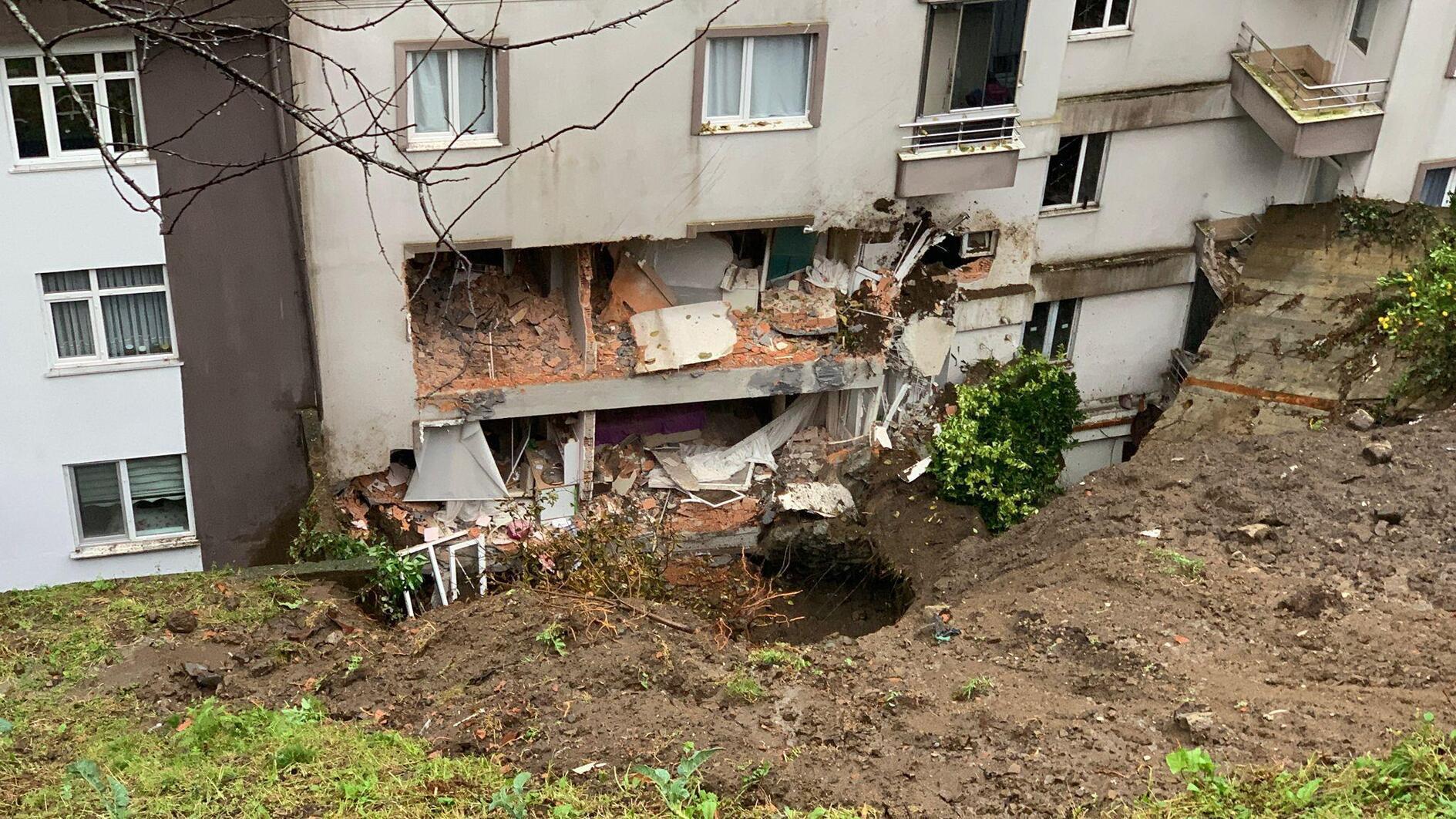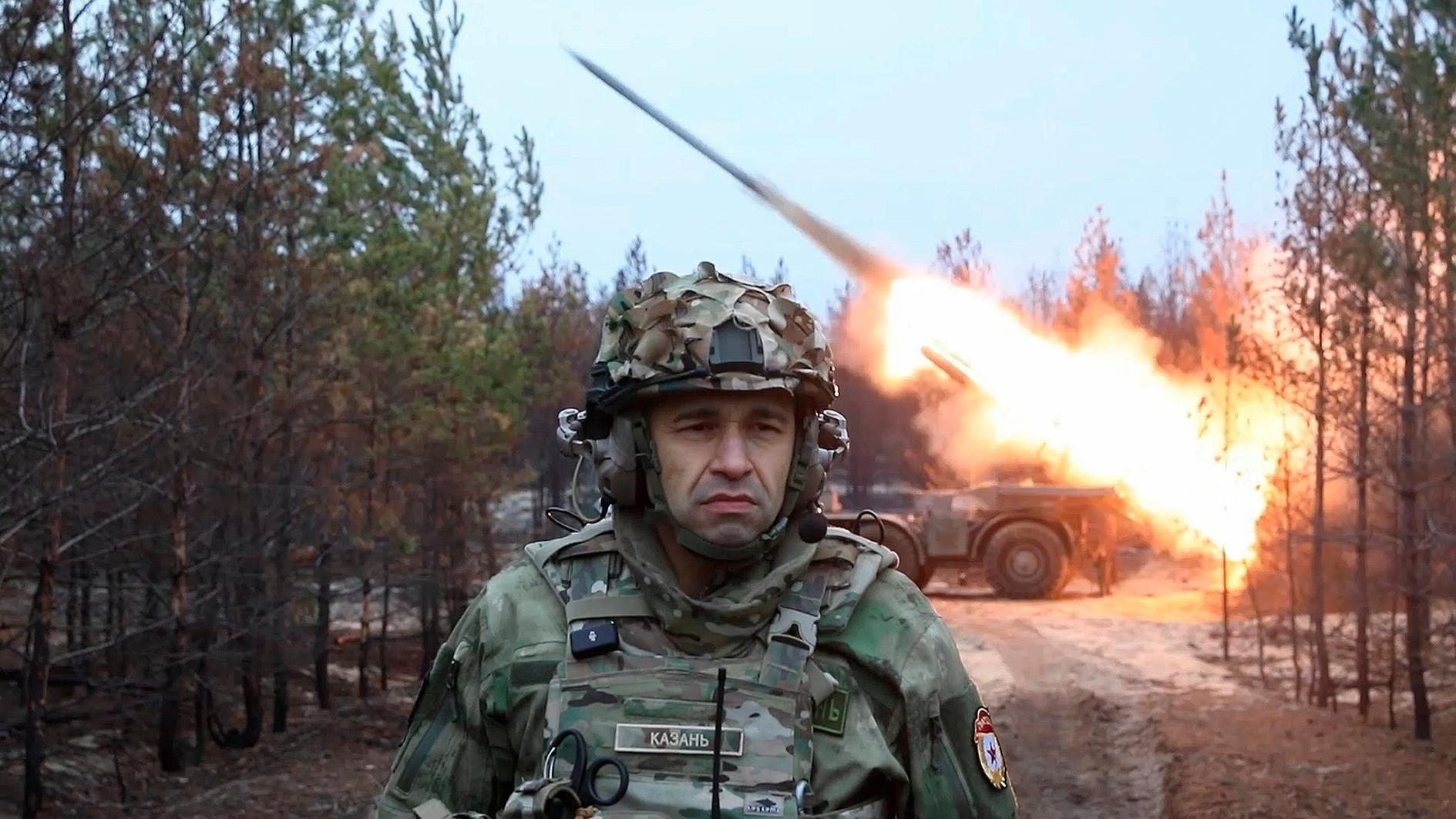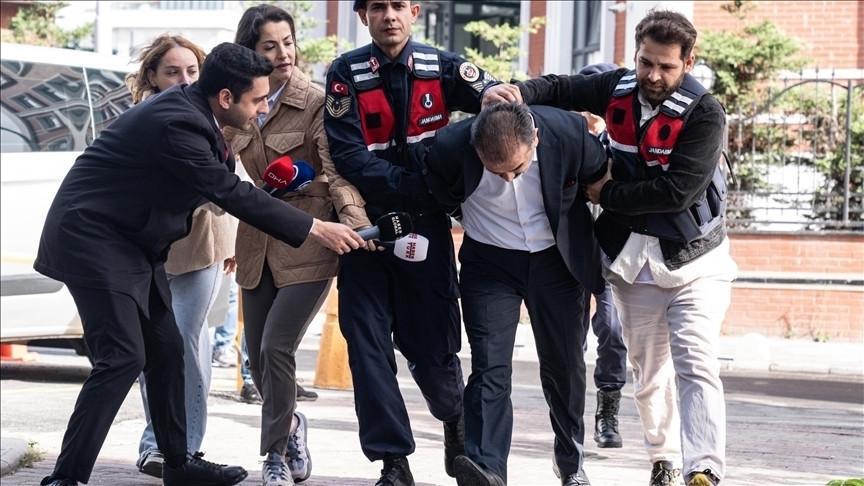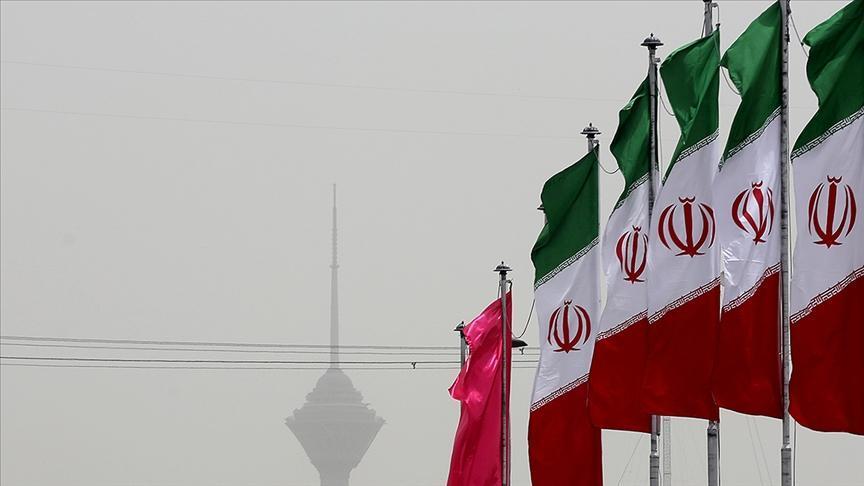Rescuers give up on finding survivors in Afghan landslide, NATO on standby
KABUL (Reuters)
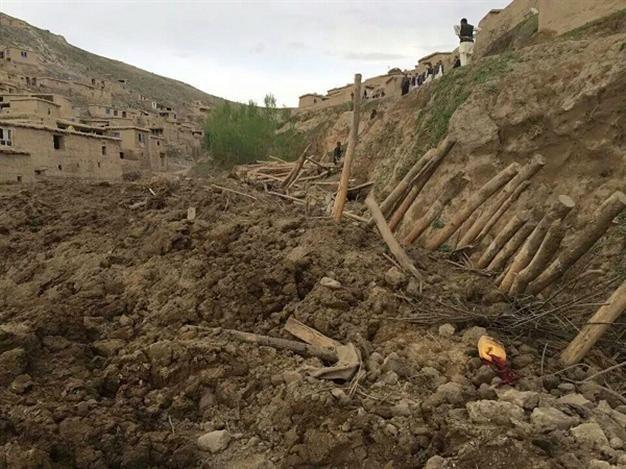
In this photo provided by Homayoon Rahmani, the chief of road reconstruction program in the Afghan Rural and Rehabilitation Development Ministry, Afghans search for survivors after a massive landslide landslide buried a village Friday, May 2, 2014 in Badakhshan province, northeastern Afghanistan, which Afghan and U.N. officials say left hundreds of dead and missing missing. AP Photo/Homayoon Rahmani
Afghan officials gave up hope on May 3 of finding any survivors from a landslide in the remote northeast, putting the death toll at more than 2,100, as the aid effort focused on the more than 4,000 people displaced.Officials expressed concern the unstable hillside above the site of the disaster may cave in again, threatening the thousands of homeless and hundreds of rescue workers who have arrived in Badakhshan province, bordering Tajikistan.
"More then 2,100 people from 300 families are all dead," Naweed Forotan, a spokesman for the Badakhshan provincial governor, told Reuters.
Villagers and a few dozen police, equipped with only basic digging tools, resumed their search when daylight broke but it soon became clear there was no hope of finding survivors buried in up to 100 metres of mud.
The United Nations mission in Afghanistan said the focus was on the more than 4,000 people displaced, either directly as a result of Friday's landslide or as a precautionary measure from villages assessed to be at risk.
Their main needs were water, medical support, counselling support, food and emergency shelter, said Ari Gaitanis, a spokesman from the United Nations Assistance Mission in Afghanistan.
The impoverished area, dotted with villages of mud-brick homes nestled in valleys beside bare slopes, has been hit by several landslides in recent years.
The side of the mountain above Ab Barak collapsed at around 11 a.m. (0630 GMT) on May 2 as people were trying to recover belongings and livestock after a smaller landslip hit a few hours earlier.
Hundreds of homes were destroyed in the landslides that were triggered by torrential rain. Officials worry another section of the mountainside could collapse.
The Afghan military flew rescue teams to the area on May 3, as the remote mountain region is served by only narrow, poor roads which have themselves been damaged by more than a week of heavy rain.
"We have managed to get one excavator into the area, but digging looks helpless," Colonel Abdul Qadeer Sayad, a deputy police chief of Badakhshan, told Reuters.
He said the sheer size of the area affected, and the depth of the mud, meant that only modern machinery could help.
NATO-led coalition troops are on standby to assist but on May 3 said the Afghan government had not asked for help.
Frigid conditions
Hundreds of people camped out overnight in near freezing conditions, although some were given tents. Officials distributed food and water.
At least 100 people were being treated for injuries, most of them by medics who set up facilities in a stable building.
Seasonal rains and spring snow melt have caused heavy destruction across large swathes of northern Afghanistan, killing more than 100 people.
U.S. President Barack Obama said American forces were on standby to help.
"Just as the United States has stood with the people of Afghanistan through a difficult decade, we stand ready to help our Afghan partners as they respond to this disaster, for even as our war there comes to an end this year, our commitment to Afghanistan and its people will endure," he said.
About 30,000 U.S. soldiers remain in Afghanistan, although that number is falling as Washington prepares to withdraw by the end of this year all combat troops who battled Taliban insurgents.
Police said they had provided a security ring around the area, which has been relatively free of insurgent attacks. The Taliban said in a statement they were also willing to provide security.


